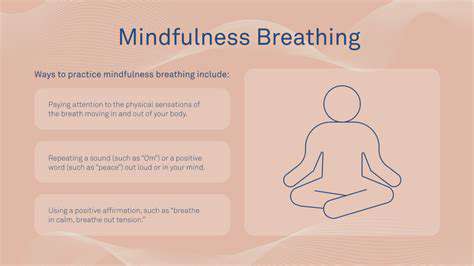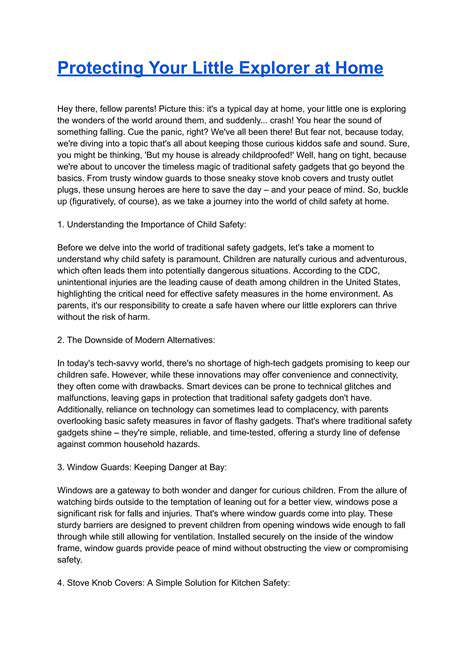Explore expert-backed fitness tips, nutritious recipes, and mindful practices for enhanced well-being and an active lifestyle.
Running Tips for Your First Marathon Training
Jul 28, 2025
How to Build a Habit of Learning Something New Daily
Jul 28, 2025
Best Exercises for Cyclists to Build Strength
Jul 28, 2025
How to Use Resistance Bands for a Full Body Workout
Jul 27, 2025
Understanding Kidney Disease: Symptoms and Management
Jul 27, 2025
Best Workout Apps for Guided Training and Tracking
Jul 26, 2025
How to Create a Healthy Relationship with Social Media
Jul 26, 2025
Best Nutrition for Children with Allergies (Identifying & Substituting)
Jul 25, 2025
Best Supplements for Joint Health [2025 Review]
Jul 25, 2025
Understanding Dialectical Behavior Therapy (DBT)
Jul 25, 2025
Best Exercises for Seniors with Balance Issues
Jul 25, 2025
Best Foam Rolling Techniques for Recovery and Flexibility
Jul 24, 2025
Hot Recommendations
-
*Guide to Managing Gout Through Diet
-
*Best Habits for Financial Well being
-
*How to Build a Routine for Better Mental Health
-
*How to Eat Healthy on a Budget [Tips & Meal Ideas]
-
*Guide to Practicing Self Acceptance
-
*How to Incorporate More Movement Into Your Day
-
*Guide to Managing Chronic Pain Naturally
-
*Guide to Building a Reading Habit for Well being
-
*Top 5 Weight Loss Supplements That Actually Work
-
*Best Exercises for Postpartum Recovery [Beyond Abdominal Work]



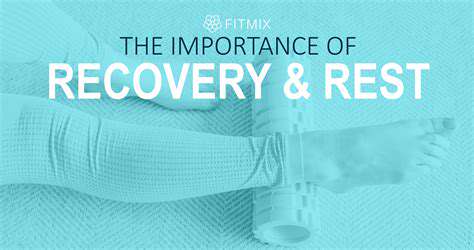



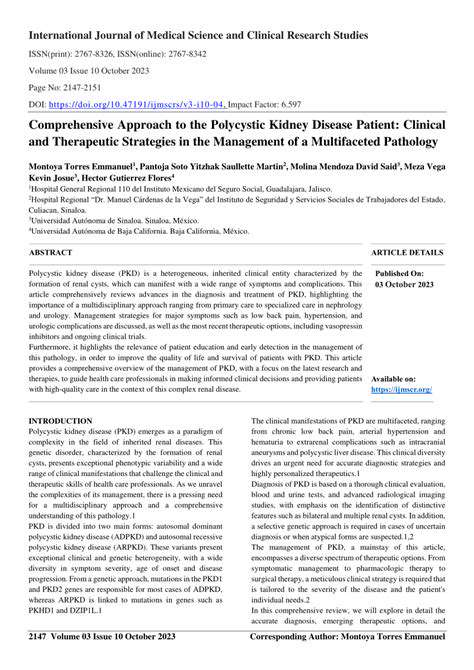


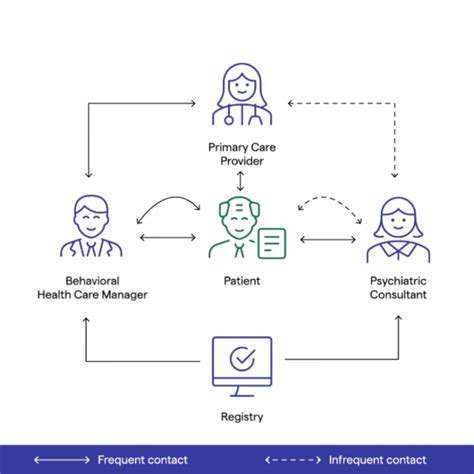


![Best Supplements for Joint Health [2025 Review]](/static/images/26/2025-07/OtherPotentialJointSupportSupplements3AACloserLook.jpg)



